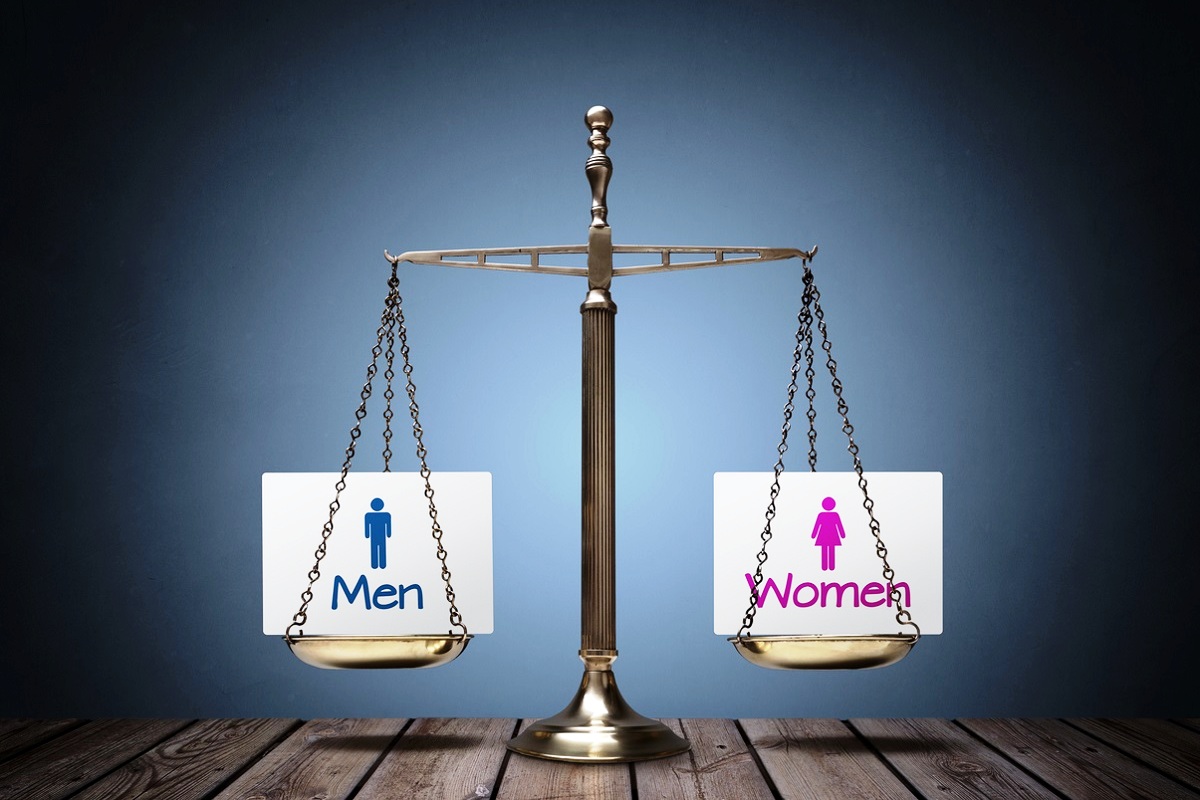Even with the Constitution of India granting equal rights to every human being in the country, indifference towards certain sections of society often leads to their exploitation. The already granted rights often need to be reclaimed by facilitating judicial intervention. Prostitution has been a topic of debate for a long time, with some advocating for its legalisation and regulation to ensure the safety and well-being of sex workers, while others argue that it perpetuates gender inequality and exploitation, and that efforts should be focused on addressing the root causes of prostitution, such as poverty and a lack of education.
Article 14 of the Constitution provides for equality before law — the State shall not deny to any person equality before the law or the equal protection of the laws within the territory of India, thereby prohibiting discrimination on grounds of religion, race, caste, sex or place of birth. The societal stigma and hierarchy disregard the gender equality guaranteed by Article 14 as well as the dignity of women who choose to follow sex work as their main source of income.
The Supreme Court in Buddhadev Karmakar v. State of West Bengal (the appellant had murdered a sex worker by repeatedly banging her head against a wall) transitioned the criminal appeal into a suo moto action, giving a wide interpretation to Article 21 of the Constitution, thereby stabilising the Right to Dignity of Life of sex workers and their wards.
Recognising sex work as a profession, the apex court recently ruled, “Sex workers are entitled to equal protection of the law. Criminal law must apply equally in all cases, on the basis of ‘age’ and ‘consent.’ When it is clear that the sex worker is an adult and is participating with consent, the police must refrain from interfering or taking any criminal action”. The three-judge bench led by Justice L Nageswara Rao said that sex workers have the same right to a dignified existence as granted by Article 21 of the Indian Constitution to other citizens.
It should be noted that while sex work or prostitution is not prohibited in India, trafficking for sexual exploitation is a crime under Indian law. Pimping, soliciting, exploitation, and renting out property for sex work are all punishable offences under the Indian Penal Code (IPC) and the Immoral Trafficking Prevention Act (ITPA).
The social circumstance, however, is not ideal. Sex workers, along with their wards, are often subjected to societal stigma and persecution. This mistreatment by society negatively impacts a large number of their children; their children are discriminated against, secluded and mistreated despite provisions of the Indian Constitution.
According to the 2014 Surgeon General’s Report, nearly 9 out of 10 boys have been seen smoking substances like tobacco and cigarettes before the age of 18. Female wards are often trafficked or forced into the same profession as their mothers even before they turn 18. The Directive Principles of State Policy provided under Article 39(e) of the Constitution state that the government should protect children against entering professions that are unsuited to their age or strength for financial need. According to Article 39(f), children have the right to “equal opportunities and facilities to develop in a healthy manner in conditions of freedom and dignity, and guaranteed protection of childhood and youth against implication and against moral and material abandonment.”
In 2015, the Government of India passed the Juvenile Justice Act which would provide for the welfare and benefit of children in need of care and protection, and children in conflict with law. This included apprehension, detention, prosecution, penalty or imprisonment, rehabilitation and social reintegration of children in conflict with law. It also provided procedures and decisions or orders relating to rehabilitation, adoption, re-integration, and restoration of children in need of care and protection.
As per the Juvenile Justice (Care and Protection of Children) Act, 2015, a “Juvenile” is any child who has not attained the age of 18. The Juvenile Justice (Care and Protection of Children) Act, 2015 provides for a Child Welfare Committee. Children should be given refuge, a place for safety away from the harsh environment; they should live under surveillance, according to Section 30 of the Act. Children who have been abandoned must be given to public employees, child welfare police officers, or social workers, according to Section 31. In accordance with Section 35, a parent or guardian who is facing societal stigma may entrust the child to the welfare committee board for his/her care and protection. Under the supervision of the welfare committee, Section 39 establishes a number of regulations to help those children get back on their feet.
Concerning the rehabilitation of children of sex workers, a Public Interest Litigation (PIL) was filed in the case of Gaurav Jain v. Union of India. According to the ruling of the apex court, housing the children of sex workers in separate schools and hostels was not in their best interests. However, they could not be left out in a hostile environment where there was a potential threat of young girls being bullied and mistreated. It was determined that the State and all other volunteer NGOs must assist in the rehabilitation of sex workers and their children so they could live lives of dignity, offer them educational opportunities, and provide them financial assistance.
A few significant findings from a survey report have been highlighted by the National Commission for the Protection of Children’s Rights (NCPCR):
There is a probability that children may pursue the same career as their parents; these kids are wary of interacting with people from other backgrounds, and without proper education and rehabilitation, they risk following in their family’s footsteps. Children of sex workers face discrimination from children of other communities. The majority of the time, it was noted, the kids opted not to “interact or mingle” with strangers or members of other groups.
The research, which was based on a set of questions provided to 1,000 respondents, stated that the groups under examination preferred to live apart from the rest of society. The NCPCR stated that in order to protect the children of sex workers from the “influence of their traditional practice,” they need high-quality education, rehabilitation, and reintegration. They require residential facilities because “otherwise they eventually become part of the family profession,” the statement read.
Non-governmental organisations like New Light (based in Kalighat’s redlight area) and Amra Padatik (in Sonagachi, the largest red-light area in Asia) work for the welfare, including proper education, healthcare and moral support, of the children of sex workers. With a current member count of 1,700, Amra Padatik has children’s homes in places like Kolkata, Baruipur, Uluberia, Durgapur and Asansol. Mothers pay a monthly sum of Rs 1,500 for their children. The children are looked after until they are 21 years of age.
Talking to The Statesman, Aparajita (name changed) said, “My daughter is in her twenties now. I’ve kept her in a boarding school, away from my lodging all her life. She wishes to be a geologist. I consider myself lucky that she understands my struggle and proudly calls herself a sex worker’s daughter.”
(The writer is a law graduate and a student of the Statesman Print Journalism School.)












